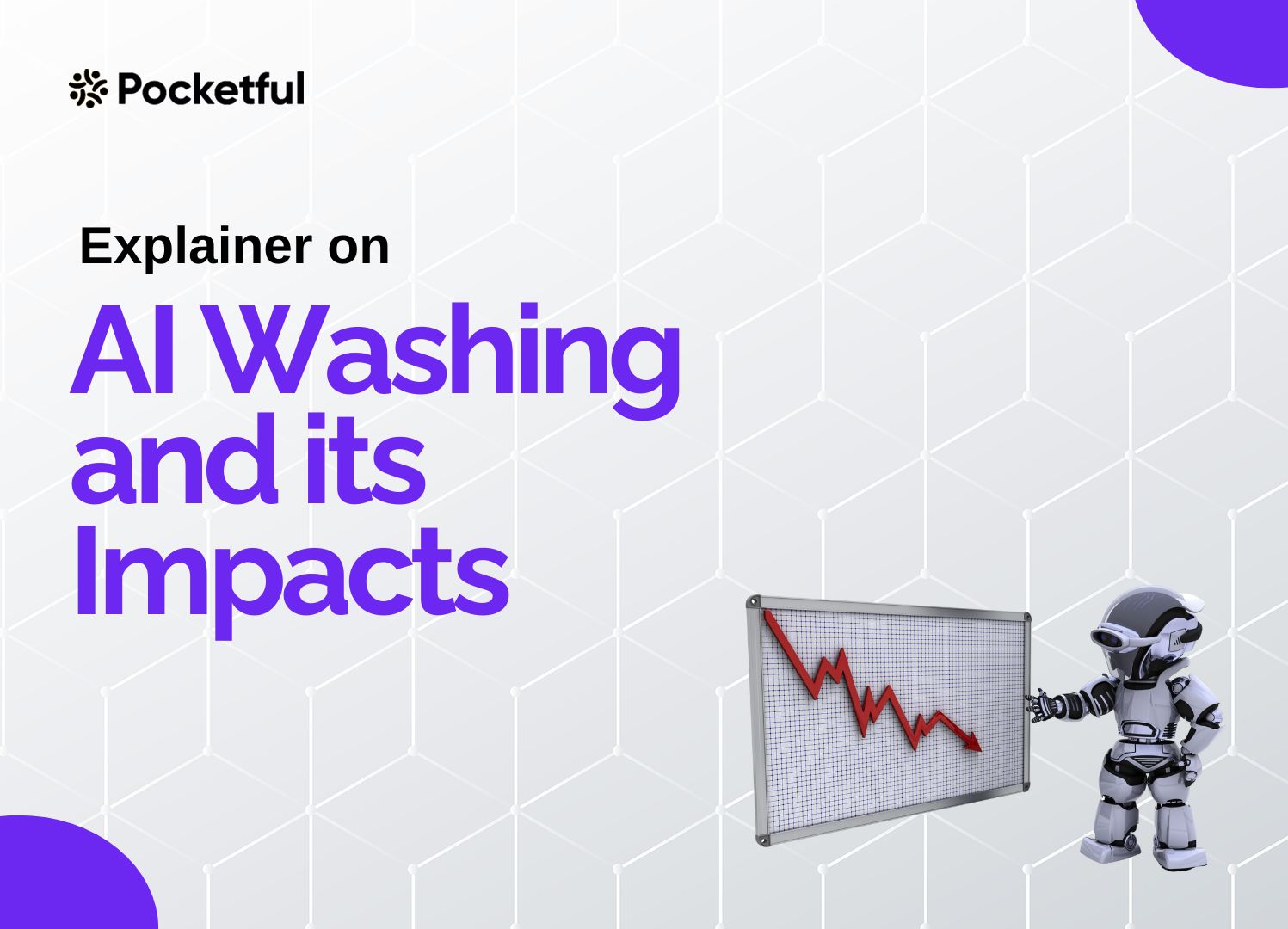| Type | Description | Contributor | Date |
|---|---|---|---|
| Post created | Pocketful Team | May-01-24 | |
| FAQs Optimize | Nisha | Feb-12-25 |
Read Next
- SEBI Action on Jane Street: Impact on Indian Markets
- What is Personal Finance?
- Military Wealth Management: Strategies for Growing and Preserving Your Assets
- India’s Republic Day 2025: Honoring the Nation’s Defense Achievements
- 10 Essential Financial Planning Tips for Military Members
- How Do You Apply for PAN 2.0 Online and Get It on Your Email ID?
- 10 Best YouTube Channels for Stock Market in India
- LTP in Stock Market: Meaning, Full Form, Strategy and Calculation
- 15 Best Stock Market Movies & Web Series to Watch
- Why Do We Pay Taxes to the Government?
- What is Profit After Tax & How to Calculate It?
- Budget 2024: Explainer On Changes In SIP Taxation
- Budget 2024: F&O Trading Gets More Expensive?
- Budget 2024-25: How Will New Tax Slabs Benefit The Middle Class?
- Semiconductor Industry in India
- What is National Company Law Tribunal?
- What is Capital Gains Tax in India?
- KYC Regulations Update: Comprehensive Guide
- National Pension System (NPS): Should You Invest?
- Sources of Revenue and Expenditures of the Government of India
- Blog
- ai washing
What is AI Washing? Definition, Tips, Evolutions & Impact


Ever feel like an intelligent appliance is not smart? Or maybe that AI-powered service seems suspiciously similar to a basic chatbot? You are not alone. Today’s tech world is buzzing with a term you might not be familiar with – AI Washing.
In this blog, we will explore the deceptive world of AI Washing, where companies mislead consumers / investors about the role of artificial intelligence in their products. We will learn why this is happening, how to avoid it, and the impact it has on different segments of society. Let us unveil the truth behind the AI hype.
What Is AI Washing
AI Washing is a marketing trick that uses deception. Companies will claim a product or service uses advanced AI technology when it does not. They are trying to make their offering seem more high-tech and appealing to customers by hitching a ride on the growing interest in Artificial Intelligence (AI).
This trick is more or less similar to greenwashing, which is when companies exaggerate their environmental efforts.
For instance, a company might say their new vacuum cleaner uses ‘revolutionary AI’ to clean your floors. But it does bump around randomly until it hits everything, and that’s not very AI.
There are a couple of reasons why AI Washing might be trending these days:
- Artificial Intelligence is a rapidly growing field that is getting a lot of buzz. People are interested in it, and companies are well aware that by claiming their products are AI-powered, they can seek the attention of the customers and investors.
- Many people do not have a clear understanding of how AI works. This makes it easier for companies to use confusing jargon and get away with AI washing.
- If a product sounds impressive and futuristic, people might be more likely to buy it, regardless of whether the AI claims are real.
Therefore, AI washing is popular because it preys both on the popularity of AI and the lack of widespread knowledge about how it works.
Evolution of AI Washing

With the rapid growth of Artificial Intelligence and Machine Learning in the 2010s, AI became a buzzword linked with innovation and progress. This created a market opportunity for companies to leverage the term, even if their products had little to no real AI integration.
Various factors converged to make AI washing more prevalent.
- Many consumers lack a deep understanding of AI, making it easier for companies to use technical jargon and create a mystique around their products.
- The rapid pace of technological advancement can make it difficult for consumers to keep up. This allows companies to exploit the knowledge gap and make vague claims about AI Capabilities.
- Some companies focus on flashy marketing campaigns over clear explanations of how their products work. This lack of transparency creates a fertile ground for AI washing.
Tips to avoid AI Washing
- Look for Transparency:
Reputable companies that genuinely use AI will often be happy to explain how it works in their products. If information is scarce or shrouded in technical jargon, that may be a red flag. - Ask Questions:
Do not be afraid to dig deeper. Research the company’s claims and see if there are independent reviews that shed light on the actual functionality. - Focus on the function:
Instead of getting caught up in fancy AI buzzwords, think about what the product does. Does it solve a problem in a meaningful way? That is more important than any AI label. - Healthy Scepticism:
A little doubt is a good thing. If something sounds too good to be true, especially when it comes to AI claims, it probably is. By asking the right questions, you can avoid getting swept away by AI washing and make informed decisions about the products you choose.
Impact of AI Washing

AI washing can have negative impacts on several parties involved, including customers, businesses, and the AI Industry.
- Deception and Wasted money:
Consumers misled by AI Washing might end up buying products that do not offer the promises stated which can eventually lead to frustration and a feeling of being cheated. - Erodes trust in AI:
Repeated exposure to exaggerated claims can make people skeptical about the real power of AI technology. - Hurts reputation:
Companies caught AI Washing can damage their brand image and lose customer’s confidence. - Distracts from Genuine Innovation:
The focus on the hype can overshadow real advancements in AI Development. - Slows down the Progress:
If resources are wasted on AI Washing, it can slow down genuine research and development in the field. - Hinders Public Adoption:
A public disillusioned by AI Washing might be less receptive to future AI applications, even beneficial ones.
Overall, AI washing can create a climate of distrust and hinder the responsible development and adoption of AI technology. By being aware of AI washing tricks and tactics and demanding transparency, consumers and businesses can help ensure the ethical and productive advancement of artificial intelligence.
Read Also: Scope of AI in Investing: Usage, Benefits, and Challenges
Examples of AI Washing

- The US Securities and Exchange Commission penalised two investment advisory firms, Delphia and Global Predictions for falsely claiming their use of advanced AI in their investment decisions.
- Coca-Cola’s Y3000 drink supposedly co-created with AI to have a unique taste, raised eyebrows at initial launch. The drink was a limited-edition beverage, and the company claimed that the drink’s flavour was developed using AI in combination with human input. The AI analysed the consumer data on emotions, aspirations, and flavour preferences to create a taste profile for the future. However, the critics pointed out that it was just a marketing gimmick with minimal AI involvement.
- Retail giants like H&M and Zara have also been criticised for using terms like ‘AI-powered’ in their marketing campaigns without clear explanations of what mean in terms of their products.
Read Also: Best Artificial Intelligence (AI) Stocks In India 2025
Conclusion
To wrap it up, AI washing is a threat to consumer trust. By educating ourselves and demanding transparency we can push back. Do not get swept away by the fascinating words of companies and focus on product functionality. Look for businesses that explain how AI is used and focus on tangible benefits. Together, we can create a tech landscape where AI is a force for good, not a marketing ploy. Keep in mind that the future of AI depends on us all being informed and empowered consumers.
Disclaimer: The securities, funds, and strategies mentioned in this blog are purely for informational purposes and are not recommendations.
Frequently Asked Questions (FAQs)
What is AI Washing?
AI washing is when companies mislead consumers about the extent of artificial intelligence used in their products or services.
Why do companies do it?
Companies use AI washing to make their products more innovative and appealing, hoping to fascinate customers.
How can I spot AI washing?
Be aware of vague claims like ‘AI-powered’ or ‘intelligent’ and look for details on how AI is used.
Is anything being done about AI washing?
Yes, there is a growing awareness, and some regulatory bodies are looking into misleading AI claims.
Does this mean that all AI claims are false?
No! Real AI advancements are happening, but be careful of exaggerated marketing.
Disclaimer
The securities, funds, and strategies discussed in this blog are provided for informational purposes only. They do not represent endorsements or recommendations. Investors should conduct their own research and seek professional advice before making any investment decisions.
Article History
Table of Contents
Toggle